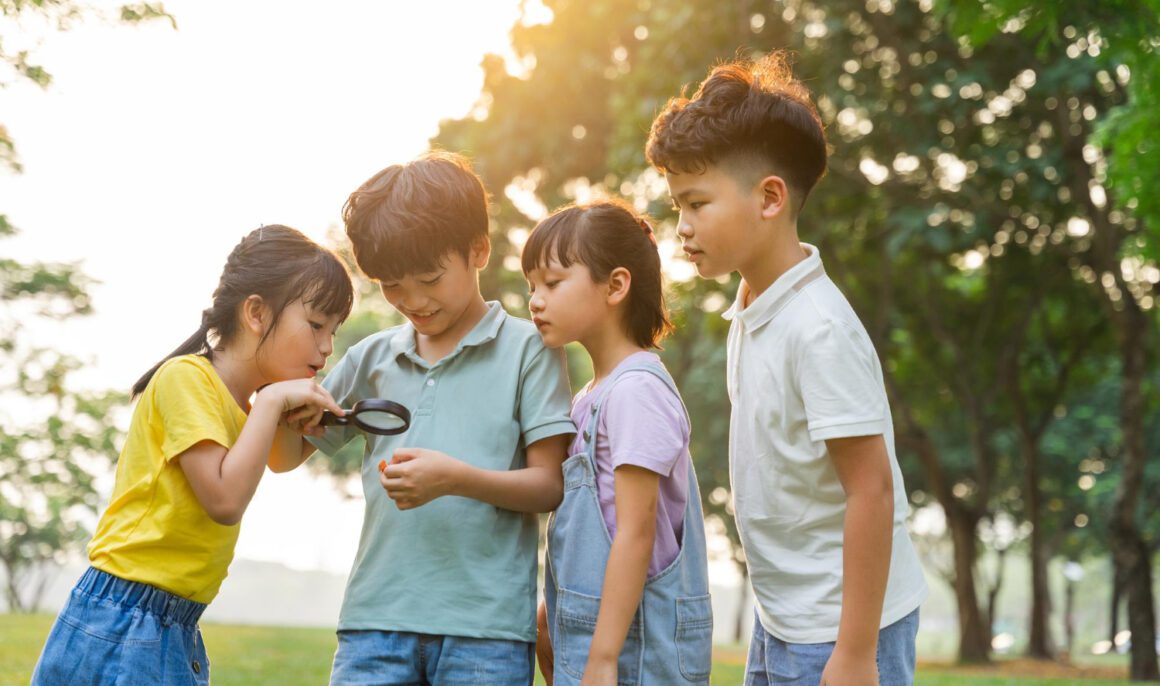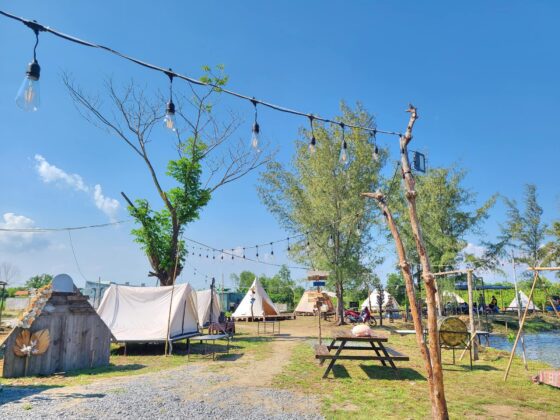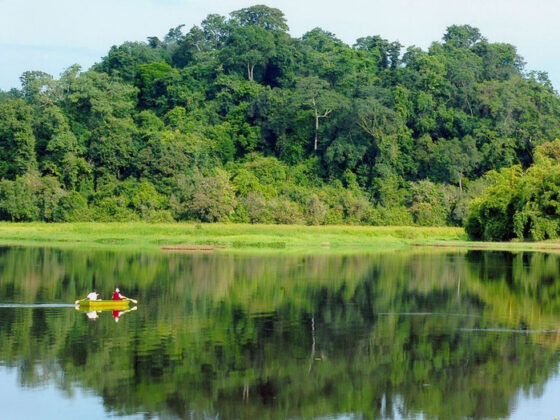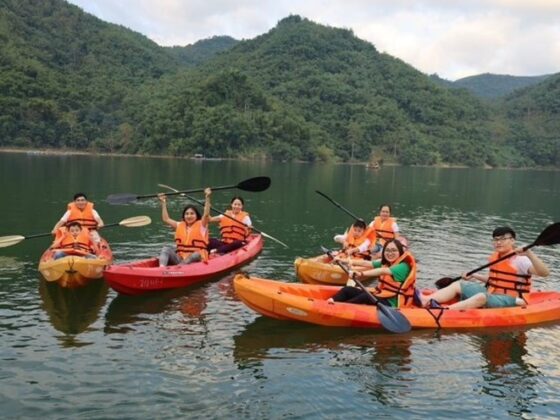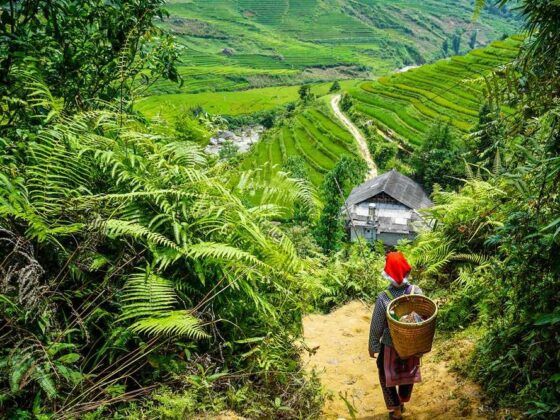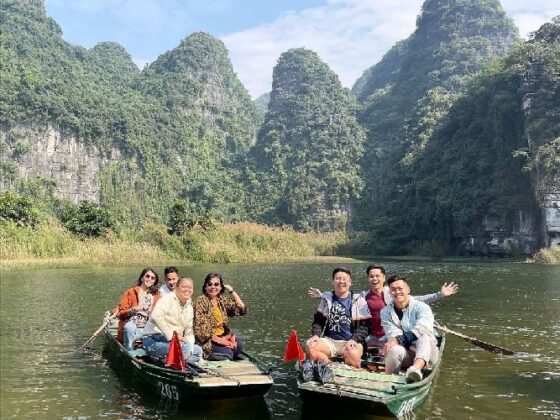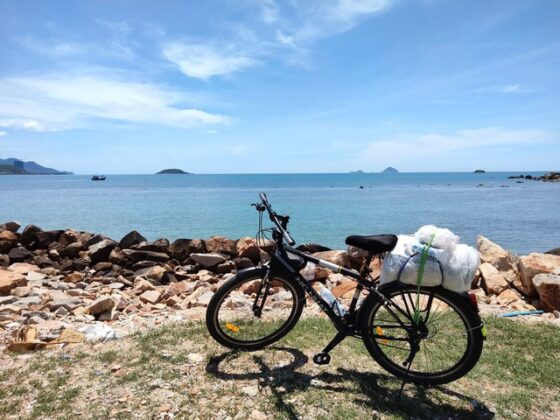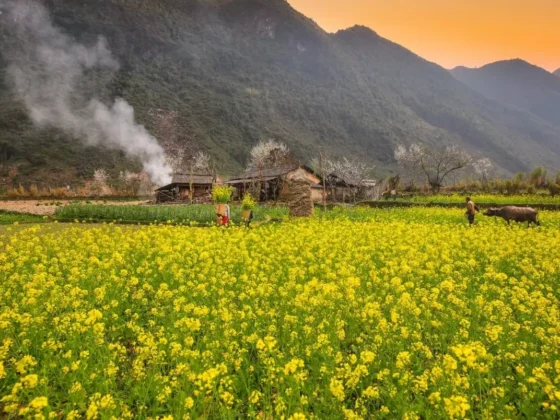Table of Contents Show
✍️ AI is summarizing:
In today’s digital age, children are spending less time outdoors, leading to a weaker kids and nature connection. However, research shows that solitary outdoor activities like hiking and fishing play a crucial role in helping kids form a deep bond with nature.
Understanding how both independent and social experiences shape this connection can help foster a lifelong love for the natural world.
Related post:
- Outdoor Learning in Vietnam: Unlocking Nature’s Power for Kids
- Top 10 Outdoor Activities for Kids: Building Social Skills Through Play
- The Amazing Benefits of Outdoor Play for Kids
The importance of solitary outdoor activities for kids and nature connection
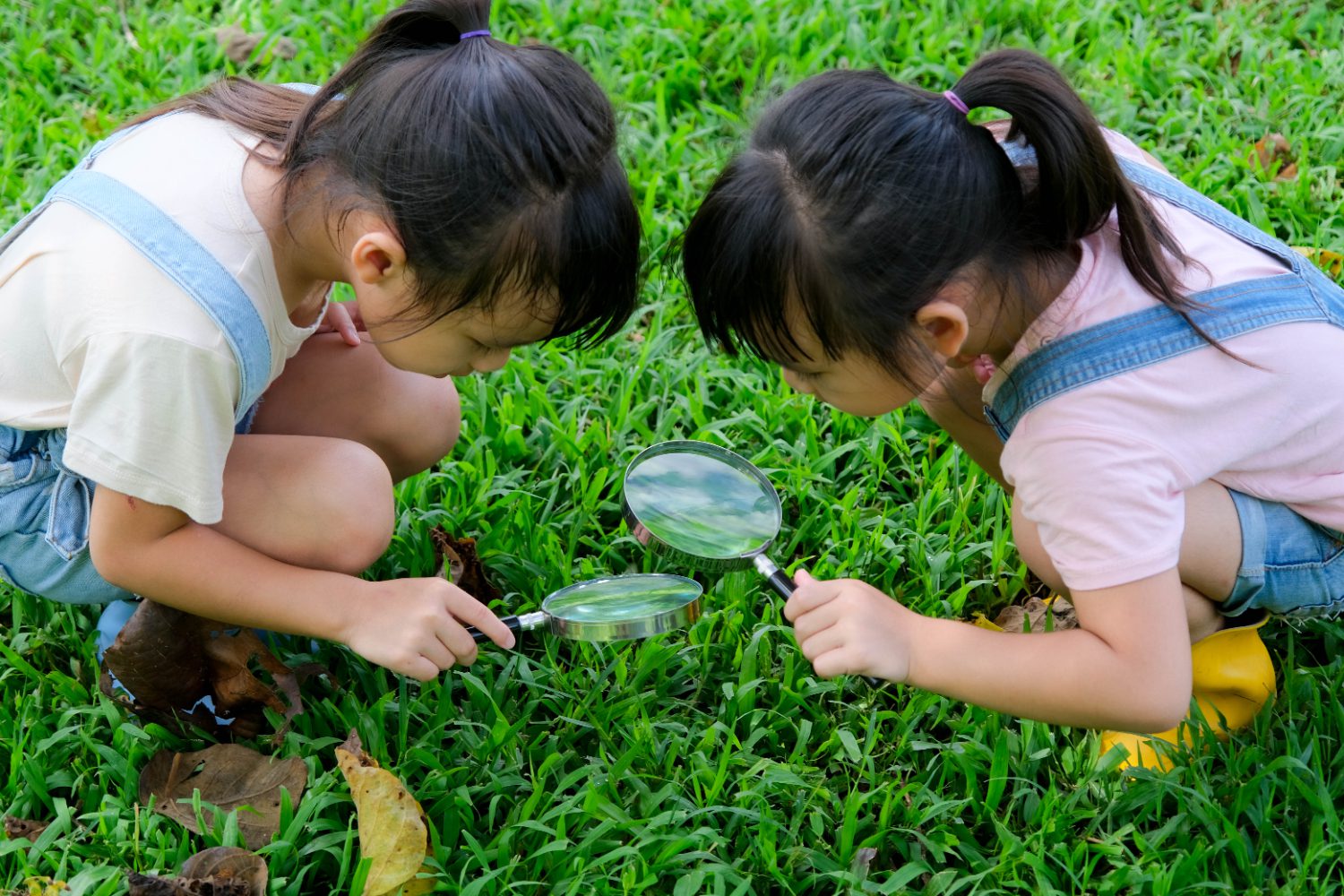
A new study has found that solitary activities like fishing, hiking, or exploring the outdoors are key to building a strong kids and nature connection. These independent activities encourage children to enjoy being outside and feel comfortable in the natural world.
The research, led by an investigator, also discovered that social activities can help cement the kids and nature connection. These findings could help youth gain significant mental and physical benefits from spending time outdoors, at a time when younger generations may be becoming increasingly disconnected from nature.
How blending social and solitary experiences enhances kids and nature connection
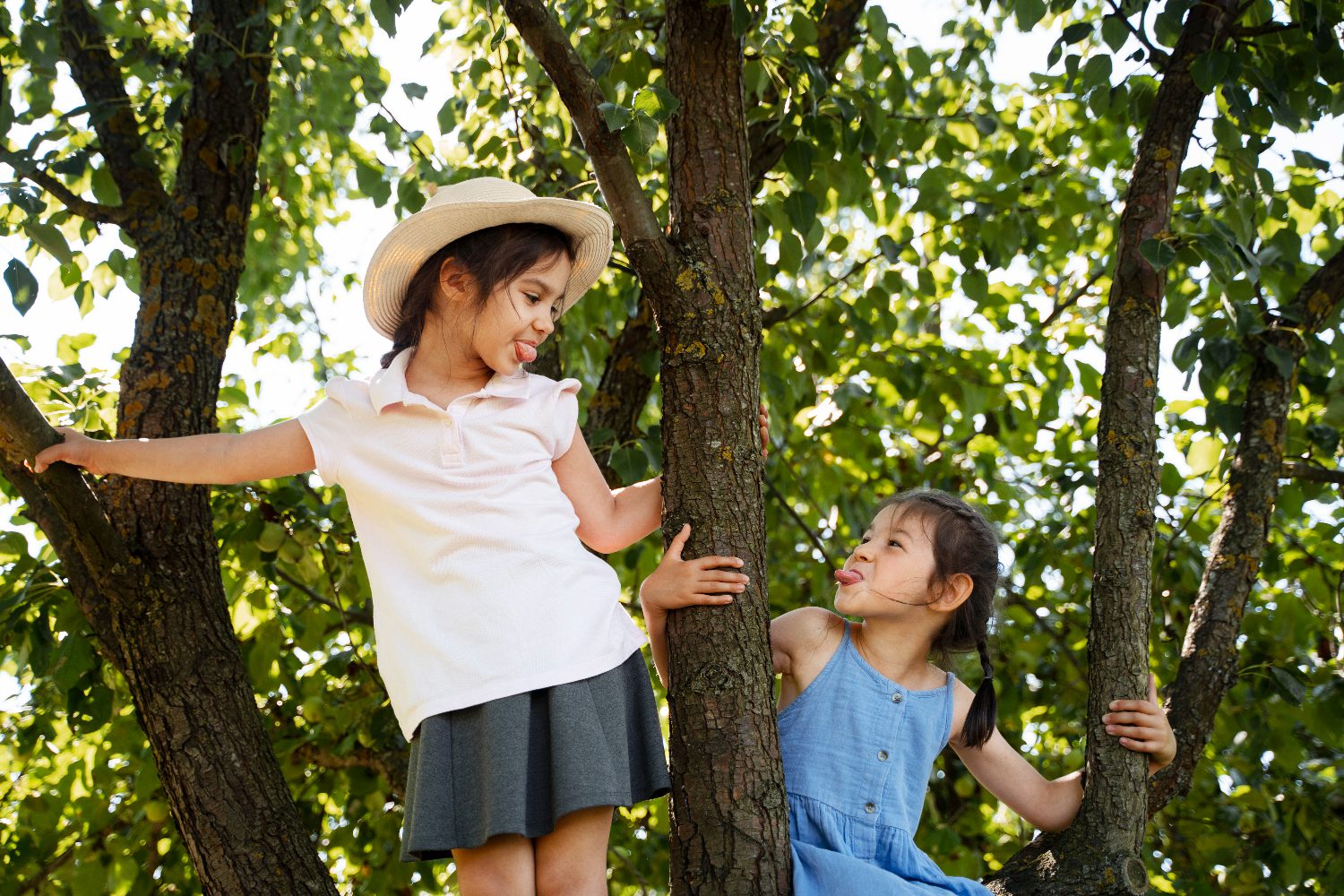
“In order to create a strong kids and nature connection, you need to provide kids with opportunities to be alone in nature, or to experience it in a way that allows them to personally connect with it,” said the study’s corresponding author. “But you also need to reinforce that with social experiences, either with peers or adults.”
The researchers surveyed 1,285 children aged 9 to 12, asking about their experiences with outdoor activities like fishing, hiking, camping, and sports, as well as their overall feelings about nature. By analyzing the children’s responses, the team was able to assess which activities best predicted a strong connection to the natural world.
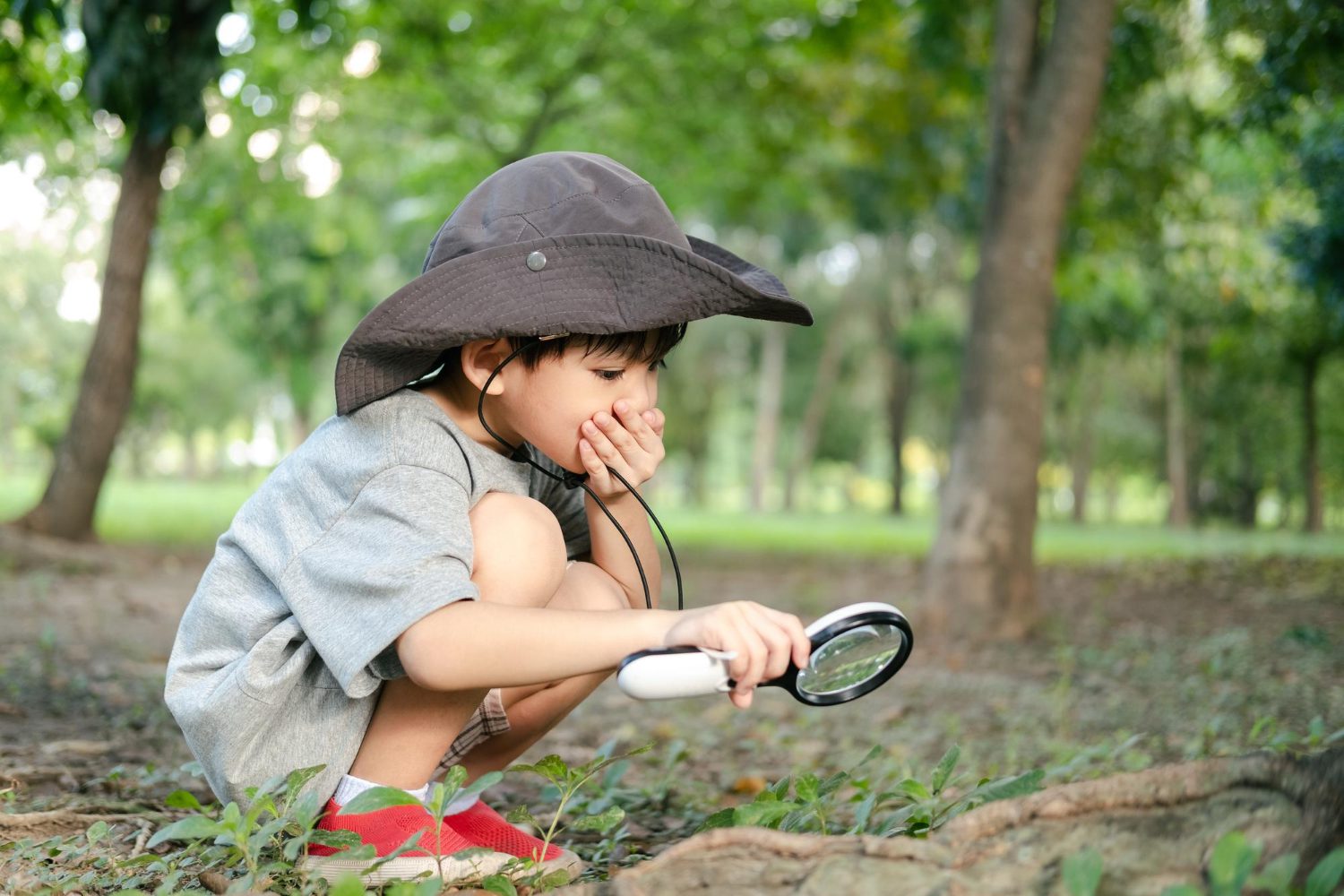
Solitary pursuits such as fishing and hiking emerged as key drivers of this bond. However, the researchers also found that social activities in nature, like playing sports or camping, helped to solidify the strongest kids and nature connection.
Why contemplative activities deepen kids and nature connection
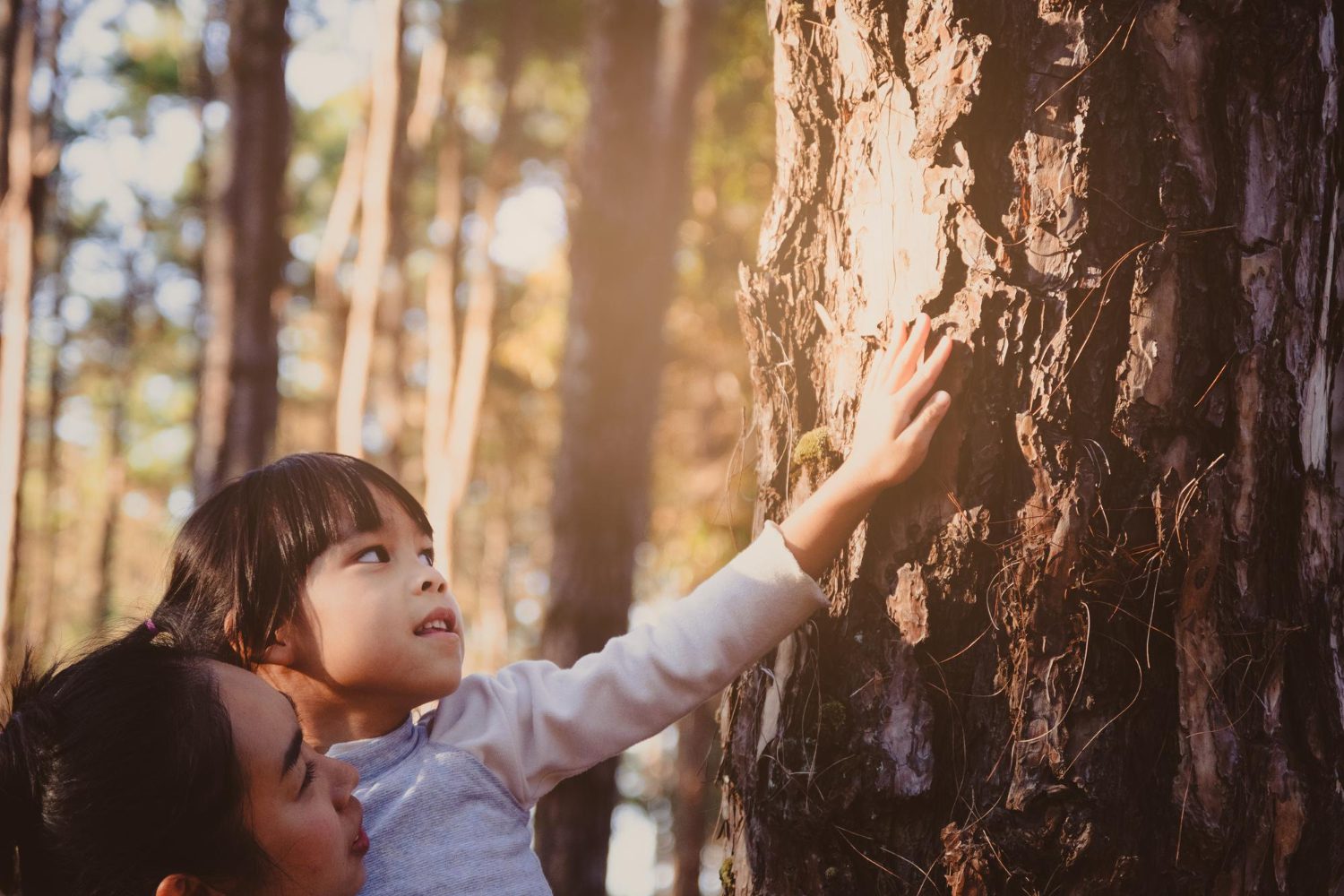
“We saw that there were different combinations of specific activities that could build a strong kids and nature connection, but a key starting point was being outside, in a more solitary activity,” the researcher explained.
“When children are doing something more contemplative, when they’re noticing what’s around them and have a heightened sense of awareness, they are more likely to have formative experiences and develop a true affinity for the outdoors.”
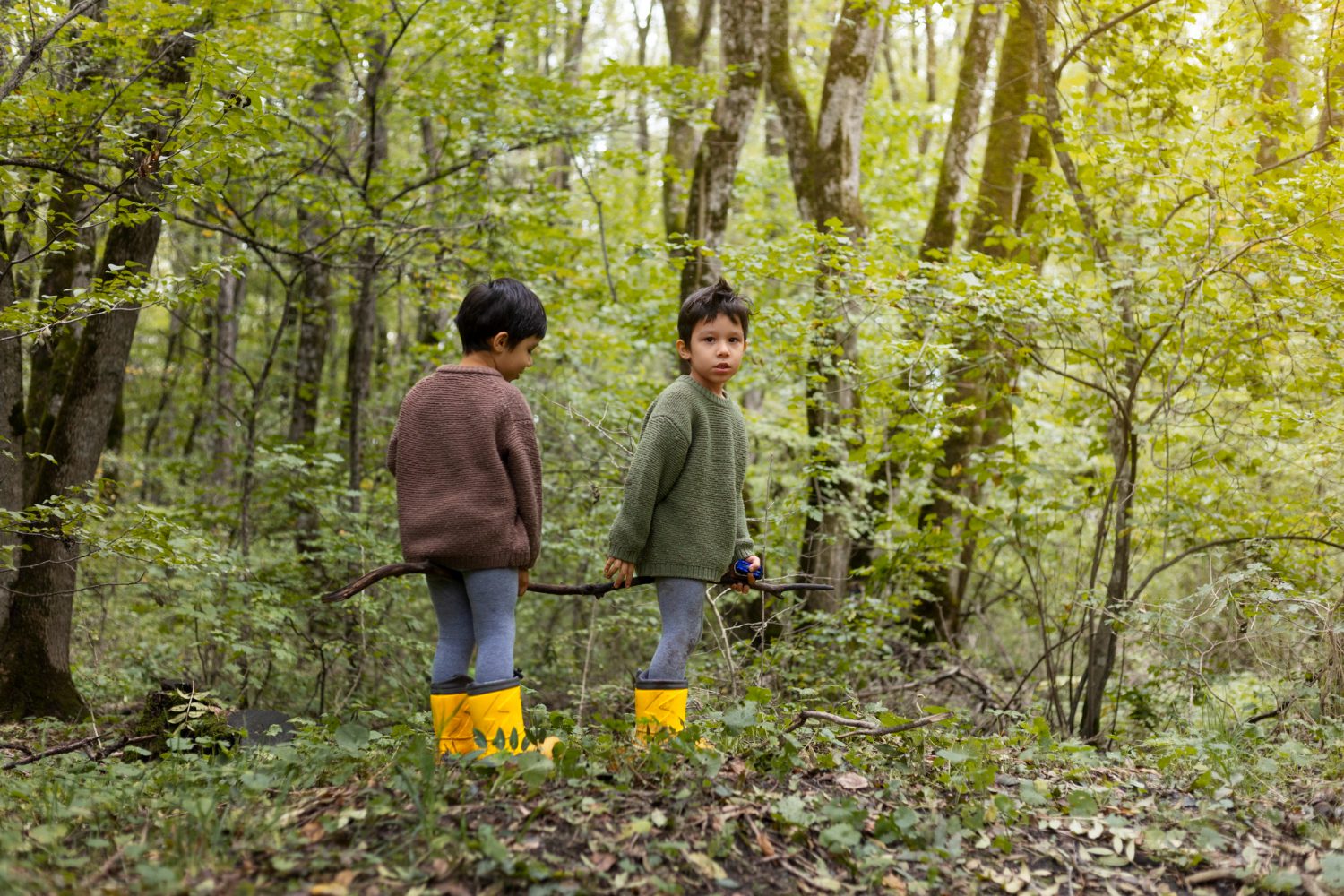
This finding aligns with previous research, which has shown that people working in environmentally focused careers often trace their passion back to meaningful childhood experiences in nature, like exploring a familiar creek or hiking a favorite trail.
Encouraging independent exploration to strengthen kids and nature connection
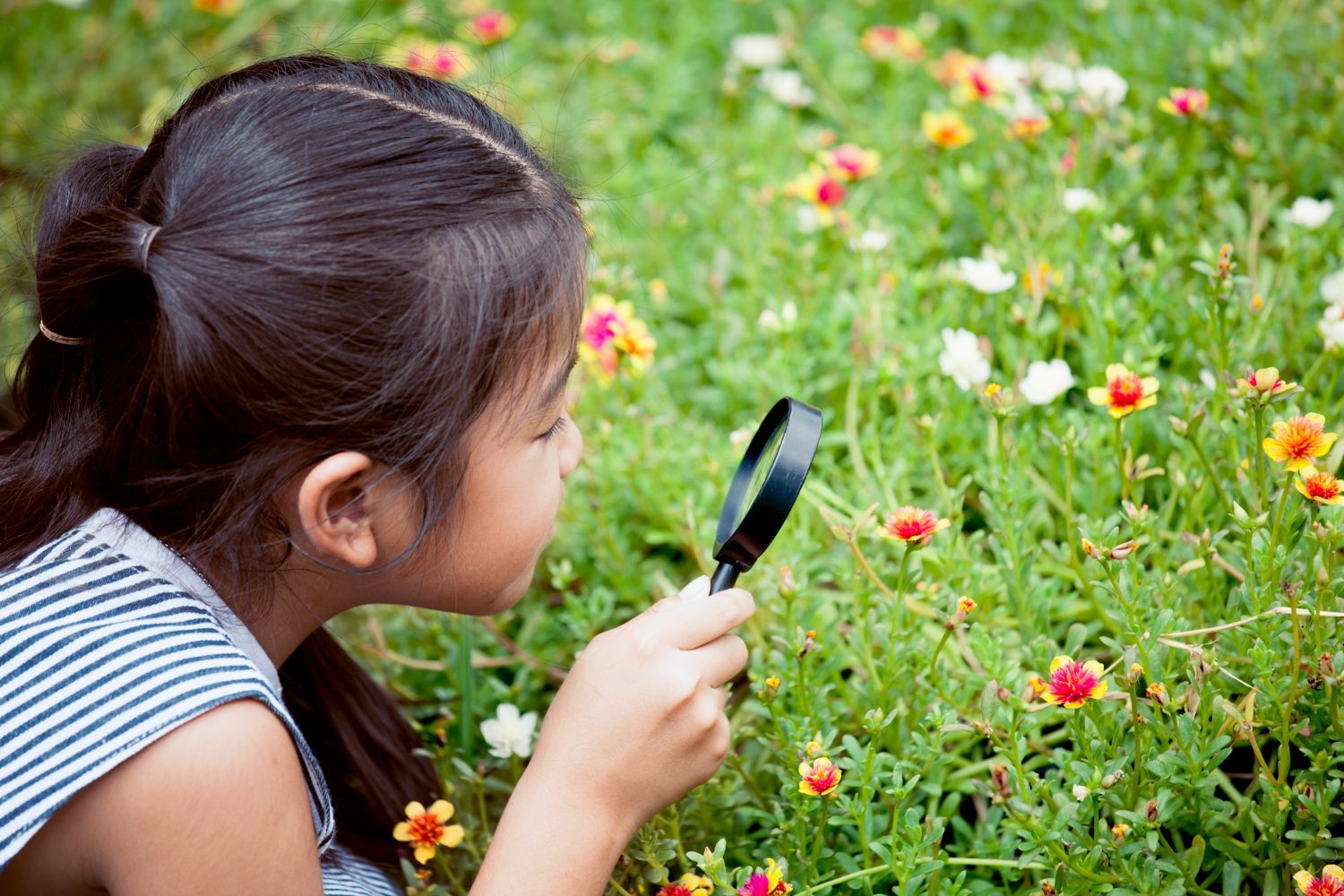
The results highlight the need to provide more solitary opportunities for kids to connect with the natural world. While social activities are often prioritized, the researchers suggest that programming that allows children to be more contemplative or gives them the chance to establish a personal connection could be just as important for fostering a strong kids and nature connection.
“Maybe we need more activities where children are looking or observing on their own,” the researcher said. “It doesn’t mean kids should be unsupervised, but adults could consider stepping back and letting them explore independently.”
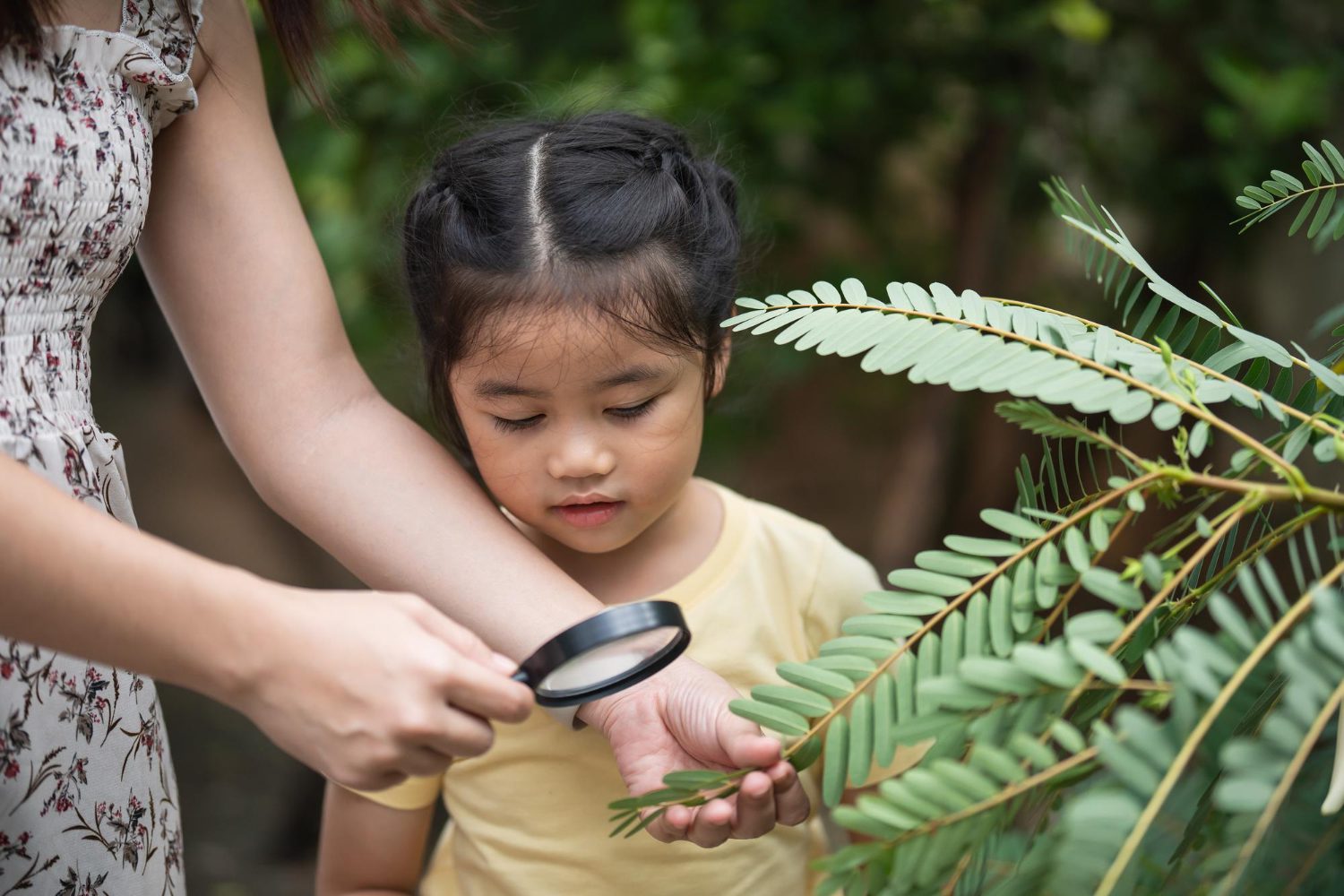
Children who develop a strong kids and nature connection are not only likely to spend more time outside but also to reap the associated benefits for their mental and physical health, attention span, and relationships. Crucially, this connection is also vital for sparking an interest in environmental conservation among the next generation.
“There are all kinds of benefits from building kids and nature connection and spending time outside,” the researcher said. “One of the benefits we’re highlighting is that children who have a strong connection to nature are more likely to want to take care of the environment in the future.”
Conclusion
Strengthening the kids and nature connection requires a balance of solitary exploration and social experiences in outdoor settings. By encouraging independent activities alongside group interactions, we can help children develop a lasting appreciation for nature, benefiting their well-being and inspiring future environmental stewardship. Follow our official Facebook page now to receive more interesting information.

